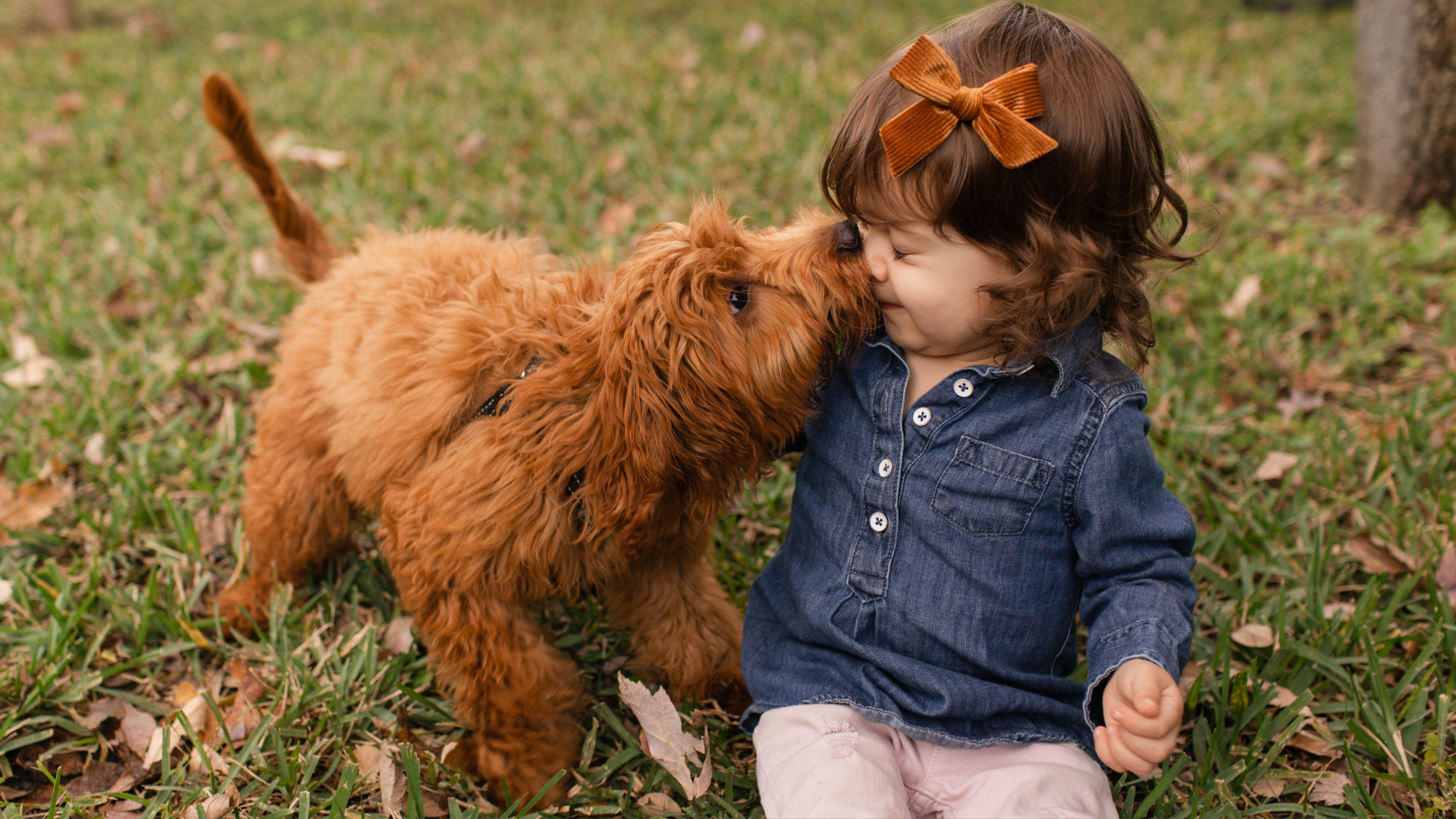Six things you should know before getting a puppy, according to an expert
It’s a big commitment, but you can make things less stressful by taking this advice on board.

Are you thinking about getting a new puppy?
Welcoming a new arrival into your household can be a great choice, but there’s a lot to think about. Often, we tend to focus on the positives of getting a puppy – like the endless fun and cuddles – but it can also be a big adjustment to your life.
There are plenty of things to know before you get a puppy to make your life easier – like the best puppy toys to buy – but it can be tricky to know where to start. That’s why the award-winning trainer Lisa Burton of Listen Dog Training has shared some all-important advice in a new Instagram post.
A post shared by Lisa Burton | Listen Dog Training 💁🏻♀️🥇🐕 (@listendogtraining)
A photo posted by on
The Kong Natural Teething Toy is our best pick for a durable and mentally stimulating toy for your puppy. It doubles up as a slow feeder and a toy and is great for teething pups who chew just about everything.
The first thing Burton explains is that puppies need a lot of sleep. You might think that adult dogs sleep a lot – they usually sleep for around half of their day – but puppies need even more (here are 32 differences between a puppy and a dog). You can expect your puppy to sleep for as much as 18 to 20 hours each day to help support the growth and development of their body and brain. Meanwhile, she continues, “Puppies are learning every single moment they’re awake, not just during your training sessions.”
Burton also promotes teaching gentle mouthing as soon as possible to encourage bite inhibition. This will encourage them to use their mouth gently, reducing the risk of them causing injury to people or other dogs – and keeping them out of trouble.
Similarly, proper socialization is vital. Simply meeting other dogs on walks is not socialization. Expose your puppy to new sights, sounds, smells, and environments – meeting other dogs on walks could form part of this, but socialization is so much more. As Burton says, “Your puppy needs early exposure to all the things you expect him to accept as an adult.”
Separation training is important, too, as your dog will need to cope with being alone. Even if someone in the household isn’t in work or school or works from home, there are likely to be times when nobody’s at home. But good separation training doesn’t involve forcing your puppy to be alone – there are much gentler methods to use.
Get the best advice, tips and top tech for your beloved Pets
Remember that positive reinforcement is best (here’s the science behind positive reinforcement for dogs) – Burton explains that if you punish undesirable behavior anything less than 100% of the times it’s performed, it actually becomes an intermittent reward schedule. This could lead to confusion for your pup.
And, finally, a good training plan is vital if you want to tackle behavioral issues. Burton explains that neutering – while recommended – is no substitute for a proper plan.
If you already have a puppy and you’re finding their chewing tricky – many of us have been there! – you might find this article useful: I tried this ridiculously simple tip and it's stopped my puppy chewing just about everything.

Adam is a freelance journalist specialising in pets, music and culture, and mental health and wellbeing. He investigates and writes the large majority of news on PetsRadar, and collaborates with veterinary experts to produce informative pet care content.
Adam has a journalism degree from Southampton Solent University and a masters degree in Magazine Journalism from Cardiff University. He was previously senior editor at dog advice website DogTime.com, and has also written for The Independent, GoodToKnow and Healthline.
He owns two rescue cats, Bunny and Dougie, and has also previously had a rabbit, fish and Roborovski dwarf hamsters.

